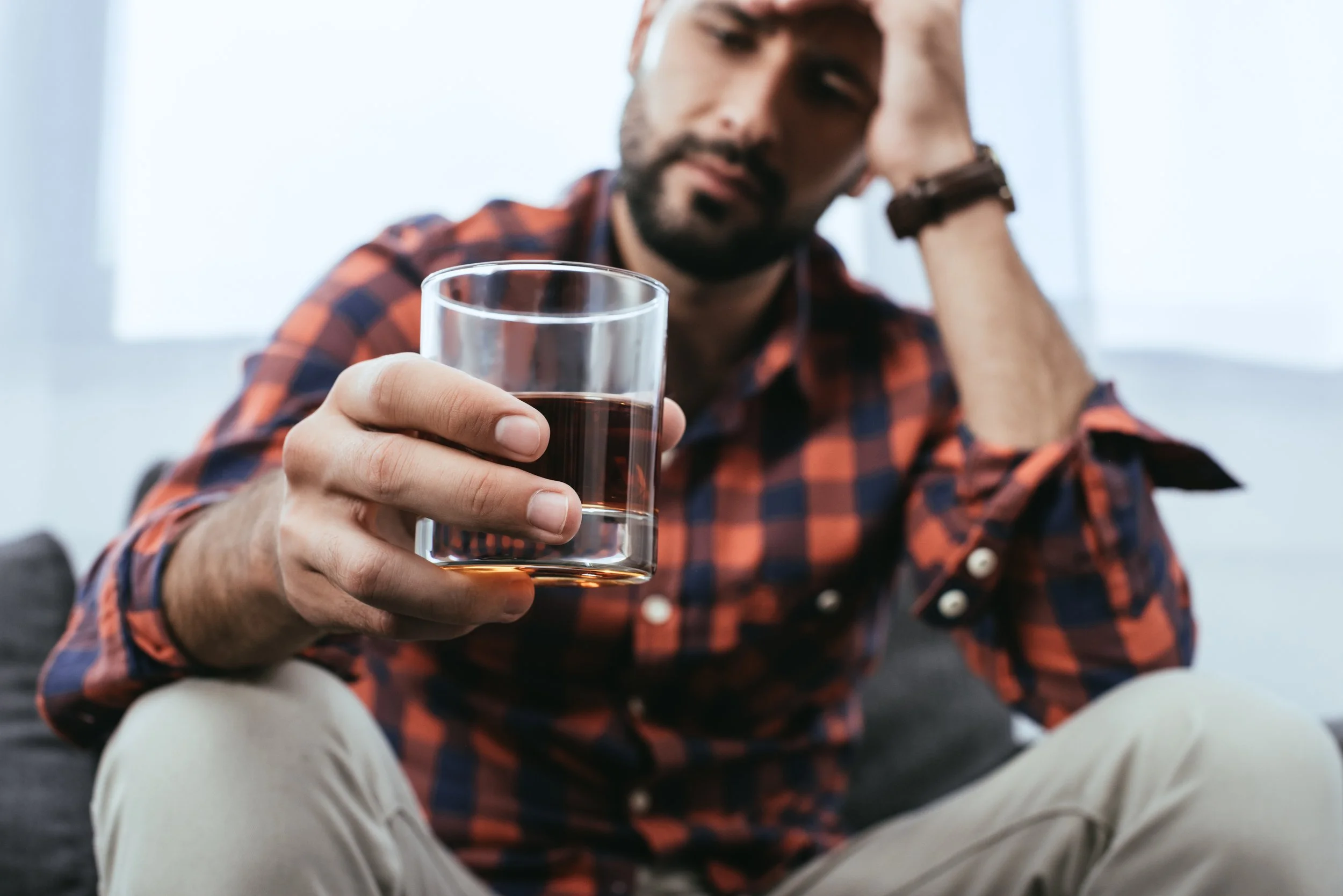Anxiety can overshadow daily life, affecting your mental health and overall well-being. For those dealing with anxiety, finding ways to cope is very important. Traditional anxiety therapy and medication are helpful, but nature's healing power is often overlooked. With its beautiful landscapes and many outdoor activities, Missoula, MT offers a unique and powerful way to help reduce anxiety. Let's explore how spending time in Missoula's natural beauty can improve your mental health.
Research on Nature's Impact on Mental Health
Recent research shows that nature can have a big impact on mental health. Many studies have found that spending time in nature can reduce symptoms of anxiety. People who walk in a forest have lower levels of cortisol, a stress hormone, compared to those who walk in the city. Lower cortisol levels mean less anxiety and a calmer mind.
Studies also show that being in nature can lower heart rates and blood pressure, which are often higher in people with anxiety. These physical changes help you feel more relaxed. Simply looking at pictures of nature can have a calming effect, but being in nature is even better.
Benefits of Outdoor Activities on Mood and Stress Levels
Outdoor activities can make the benefits of nature even better. Hiking, biking, and walking can improve your mood and reduce stress. Exercise releases endorphins, which lift your mood. Activities like walking and hiking also have a calming effect, helping to quiet the mind and reduce anxiety.
In Montana, there are many opportunities for outdoor activities. Scenic trails, rivers, and mountains provide great places for both fun and therapy. Whether it's hiking in the Rattlesnake National Recreation Area, kayaking on the Clark Fork River, or walking through Greenough Park, Missoula offers many ways to enjoy nature. These experiences not only help your body but also connect you to the natural world, which can be very calming.
Practical Tips for Using Missoula’s Natural Settings to Alleviate Anxiety
Planning Regular Nature Outings
One of the first steps to using Missoula's natural beauty to reduce anxiety is to plan regular outings in nature. Find the best times that fit your schedule, like early mornings or late afternoons, for a peaceful experience. Choose locations you enjoy and try to visit them regularly to build a routine.
Planning ahead can make your nature outings more enjoyable. Pack a small bag with water, snacks, and anything else you might need. Wear comfortable shoes and dress for the weather. Make a list of your favorite spots and try to visit them often. The more you go, the more you will look forward to these relaxing trips.
Mindful Walking
Combining nature with mindfulness can increase the benefits. Mindful walking means paying close attention to your body, the sounds, and sights around you. Focus on your breath, the feel of the ground, and the nature around you. This practice helps you stay present and calm, reducing anxious thoughts. Missoula's landscapes are perfect for mindful walking, from the paths at the University of Montana to the trails in the Blue Mountain Recreation Area.
Mindful walking is simple. Start by taking slow, deliberate steps. Notice how your body moves with each step. Listen to the birds, the wind, and other sounds of nature. Look at the trees, flowers, and sky. If your mind starts to wander, gently bring your attention back to your surroundings. This practice can help you feel more connected to nature and more relaxed.
Meditation in Natural Settings
Meditating in nature can also help reduce anxiety. Find a quiet spot, like a secluded area by the river or a forest clearing. Sit comfortably, close your eyes, and focus on your breath. Let the natural sounds, like rustling leaves, chirping birds, or flowing water, become part of your meditation. This can deepen your practice and increase its calming effects. Missoula's natural beauty is ideal for these mindful moments.
Start by finding a comfortable place to sit. Close your eyes and take a few deep breaths. Listen to the sounds around you. Feel the breeze on your skin. If thoughts come into your mind, acknowledge them and let them go. Bring your focus back to your breath and the sounds of nature. Even a few minutes of this practice can help you feel more relaxed and centered.
Engaging in Physical Activities
Physical activities like hiking and biking are great for reducing anxiety. These activities release endorphins and provide a productive way to deal with stress. Missoula offers many options for outdoor exercise. Regular participation in these activities can improve your physical health, boost your mood, and give you a sense of achievement.
Choose activities that you enjoy and can do regularly. Hiking, biking, and walking are great options. Start with short, easy trails and gradually try more challenging ones. Remember to stay hydrated and take breaks when needed. Physical activity not only helps your body but also clears your mind and lifts your spirits.
When Nature Isn't Enough: The Importance of Anxiety Counseling at Bridger Peaks Counseling
While spending time in Missoula's natural beauty can help reduce anxiety, it may not be enough. If anxiety persists and affects your daily life, it's important to seek professional help. At Bridger Peaks Counseling, we understand anxiety and are dedicated to providing support tailored to your needs.
Our anxiety therapists can work with you to develop effective strategies for managing anxiety. We offer anxiety counseling at our Missoula and Bozeman offices. If you're struggling with anxiety, don't hesitate to reach out. We're here to help you on your journey to better mental health.
Get Started Today with a Missoula, MT Anxiety Therapist
If anxiety is affecting your daily life, reach out for professional help At Bridger Peaks Counseling. Our anxiety therapists are here to support you on your journey to better mental health. Together, we can create a plan to manage your anxiety and improve your quality of life.
Learn more about us and our approach.
Have your first anxiety therapy session and find relief!
Other Therapy Services We Offer in Missoula, MT
Our team of caring counselors at Bridger Peaks Counseling is happy to provide a variety of mental health services. Our team is happy to offer services including addiction counseling, teen counseling, group therapy, rising strong workshops, and body image counseling. Furthermore, we provide depression treatment, trauma therapy, and online grief counseling. Along with EMDR, postpartum anxiety depression counseling, marriage counseling, and psychiatric care. Visit our blog or FAQ to learn more today!

















